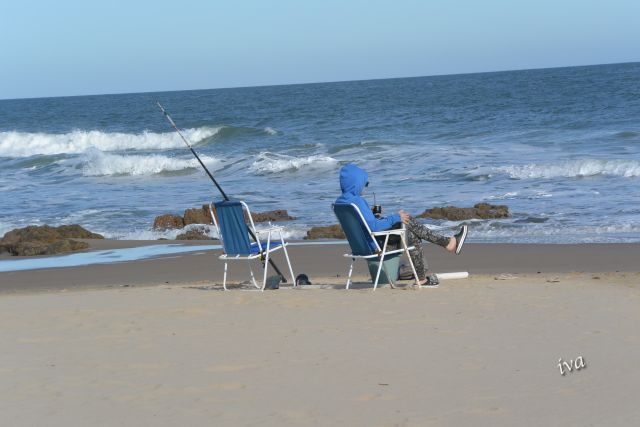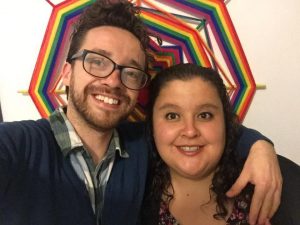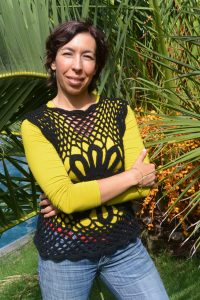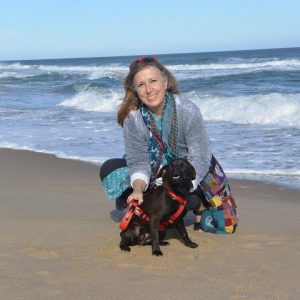At Home With the People of Uruguay
By Iva Marie Couchman
Since my husband and I arrived in Uruguay in July of 2014, it has been the people of Uruguay who have made our lives here so fulfilling. Their willingness to welcome us, educate us, and understand us, opened my eyes to the heart of Uruguay–its people.
Embracing and adapting to new ways.
I admit my vision of Uruguay prior to living here was romantic, hopeful, and naïve. The then-President of Uruguay, José Mujica, was an on-line sensation around the world. We were inspired by his words and thrilled that he would be our new President. We saw Uruguay as an environmental paradise, a place of equality, diversity, and freedom. It turned out to be everything–and nothing–like we hoped it would be.
Limited jobs, low wages, and high taxes, coupled with the cost of soaring utilities makes life here for many Uruguayans unaffordable. Labor strikes, petty crimes, and lack of government oversight of the environment along with factory farming have left rivers polluted, water undrinkable, and a large number of people in poverty. Small farms are selling, and many people are leaving Uruguay in search of work and new opportunities.
Laws that reward the criminal, penalize the victims, and do nothing to support small business or employers are high on the list of changes the people of Uruguay would like to see happen.
Uruguayans take pride in their art, mate (a popular tea in South America), asado (roasted meat), and tourism. They accept and embrace all aspects of diversity. Religion is personal, not governed. In the summers, crowds of tourists from Argentina, Brazil, and Europe are attracted by Uruguay’s gorgeous beaches. The Uruguayans love the crowded summers but also enjoy the lonely winters. The beautiful oceans, clean air, and rolling landscapes are not taken for granted. Fishing and fútbol are their passions.
The slow, quiet attitude of the people here, described in Spanish by the locals as “tranquilo,” is frustrating to many Westerners who want things accomplished in a timely manner, but receive “mañana” as a response. Little work is accomplished in the rain in Uruguay, and I have learned a new skill since arriving here: Patience.
When I asked about their feelings on healthcare and education, the comments were similar. They appreciate that they have relatively free access to these items, but have concerns with quality and limited availability. They feel that both are understaffed, but that the people who provide the services are very qualified. Uruguay enjoys the age-old tradition of physician house calls, and even your veterinary provider will make house calls, both at affordable rates.
Considered by many to be a Switzerland with a Latin flavor, the opinions of Uruguay from the people that live here are often on opposite sides of the spectrum ranging from pride, love, and acceptance, to corrupt, broken, and hypocritical. The truth of Uruguay is dependent on the experience and perceptions of those that live here.
Uruguay has set the standard very high in its image to the world, and is in a great position to become a world leader in times to come. But like the world over, the people here are struggling with corruption and corporatism. In a small country where the majority of the 3.5 million residents live in one small location, the struggles they experience, both in the city and rural areas, seem to be magnifying over time.
Generational differences, work ethics, and technologies, combined with a new dependency on government and its services, paints a similar picture to that of the struggles in the US.
The openness and willingness of the people to share their life stories, unapologetically and with compassion, has taken me on a new journey of self discovery. My husband and I often joke about living ‘another day in paradise,’ but despite the removal of our rose-colored glasses, the heart of the people here in Uruguay makes each day feel a little more like home.
A special thanks to those who took the time to answer my questions, and participate in this article. With their family and friends, they contributed pages of experiences and feelings for me to better understand their life here in Uruguay.
Eduardo Correa and Florencia Rodriguez
Edwardo Correa works in business administration and property management. in Maldonado and La Barra. Florencia Rodríguez works as a bookkeeper in Maldonado.
:Silvia Oliveri teaches Italian, is a make-up artist, and runs a small business that provides natural health products to her customers in Punta de Este.
Maqui Heeren and her husband Martin run a small family owned dairy farm located in La Mariscala, Lavelleja.
Iva Marie Coachman
Our guest contributor today is Eva Marie Couchman. Iva Marie and her husband, as stated, arrived in Uruguay in 2014. They lived first in La Barra, then Punta Ballena, and now in Chihuahua. Her pre-Uruguay experience is diverse. For you veterans out there, Iva Marie and her husband are also Army veterans. They also ran a general contracting business in Oregon for 14 years. Now they are here to enjoy Uruguay. We’re glad they came!. Iva Marie blogs at https://theysayshesmouthy.wordpress.com/ We’ve long been admirers of her photography skills.








Leave a Reply